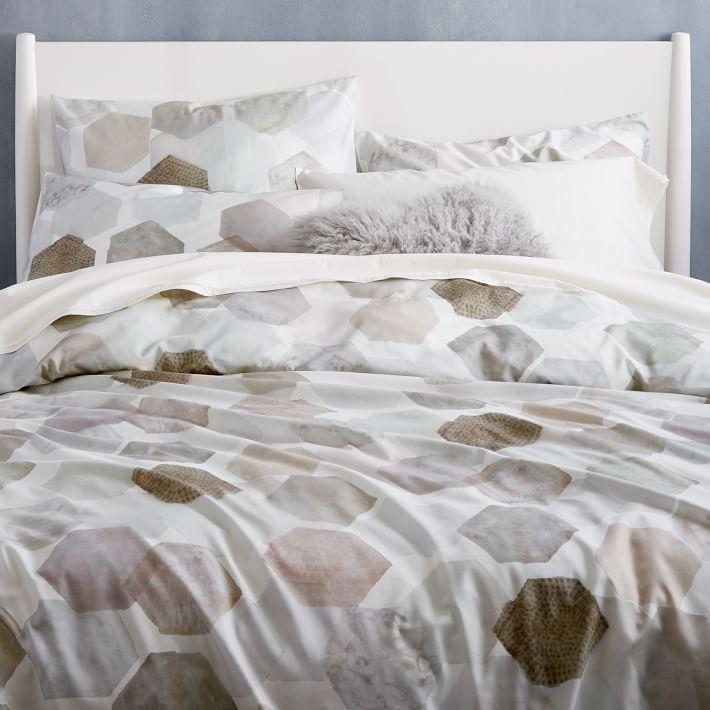
In a world where people are becoming both tired and wary of mass-produced products, more retail chains are finding opportunities in sourcing “artisan made goods.”
Rather than dull products made offshore in a soulless factory, these items -- generally furniture and other home goods -- often come with a story and offer consumers something unique. The movement has gained traction here in the U.S., the United Kingdom and other countries. And in exchange for that handmade product, people making everything from furniture to baskets and housewares are treated with dignity and paid a fair salary.
Or are they? The risk of buying an 'artisan' product is akin to purchasing a 'natural' product at the supermarket. Artisan could mean anything – or nothing.
At most risk are the artisans themselves, especially women. In many developing countries, the making of artisan products is often cited as the second largest employer of women and girls, ranking only behind agriculture. The problem, however, is that many of these women and girls are employed within the informal economy, where working conditions are not regulated and payment structures are opaque.
On that point, the NGO Nest says it is trying to make the global artisan goods market more transparent. And it has an ally in West Elm, a subsidiary of Williams-Sonoma that specializes in contemporary furniture and housewares.
This is a huge step for West Elm, which revamped its product line in recent years to showcase more goods that are handcrafted, are often Fair Trade Certified and are largely made with organically-grown materials. According to the retailer, these products are made across 15 countries, engage 35 artisan groups and employ 5,000 people.
Those statistics, and their collective impact, sound encouraging. But of course they raise the question of whether all workers really benefit from what are presented as unique, sustainable and responsibly-made products. Although abuses in factories are often the focus for labor rights advocates, the fact is that many products are made, or partly assembled and crafted, in people’s homes. And when it comes to goods manufactured outside of a factory’s walls, there is little oversight. Add the fact that many workers are not paid an hourly wage, but are often compensated by the item, and it is easy to see how abuse could occur within this sector.
Hence the Nest Artisan Advancement Project, which seeks to ensure ethical compliance addresses the work done in smaller settings, including within workers’ homes. The NGO worked with several brands to create a body of so-called Ethical Compliance Standards to ensure that people working in such environments are visible and have the same protections as factory employees.
Rather than a simple pass-or-fail system that would risk economic devastation for many families, Nest insists such procedures are designed to educate and improve workers’ standard of living. Furthermore, these standards are designed to be more proactive than reactive: Auditors and suppliers will be advised what to look for on a bevy of challenges, including child labor, record keeping, artisans’ rights and overall well-being.
With the U.S. State Department, along with other organizations, estimating that the global artisan market is worth $34 billion and growing, watch for more retailers to source from workshops and cooperatives. These companies do not really have a choice, as more consumers are eschewing factory-made goods are often bored by what’s offered in brick-and-mortar stores. Companies such as West Elm are smart to ensure that their supply chains are as ethical as possible, since they are ripe for abuse with far too many suppliers quick to cut corners in the quest to make more sales.
Image credit: West Elm

Leon Kaye has written for 3p since 2010 and become executive editor in 2018. His previous work includes writing for the Guardian as well as other online and print publications. In addition, he's worked in sales executive roles within technology and financial research companies, as well as for a public relations firm, for which he consulted with one of the globe’s leading sustainability initiatives. Currently living in Central California, he’s traveled to 70-plus countries and has lived and worked in South Korea, the United Arab Emirates and Uruguay.
Leon’s an alum of Fresno State, the University of Maryland, Baltimore County and the University of Southern California's Marshall Business School. He enjoys traveling abroad as well as exploring California’s Central Coast and the Sierra Nevadas.














